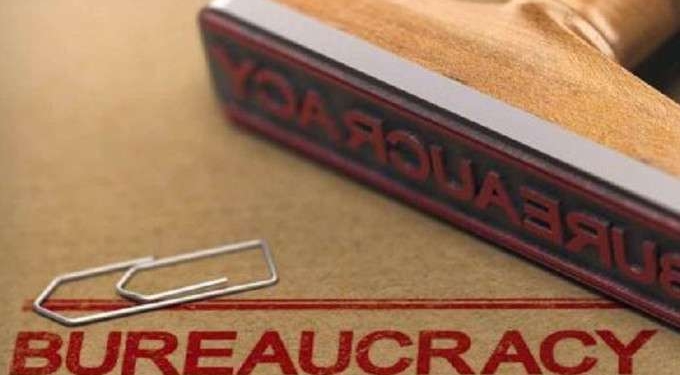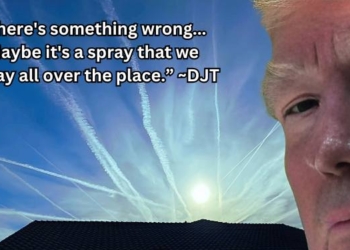
From the start of the COVID-19 outbreak in the United States, state and local governments responded in various ways from issuing emergency orders—citywide shutdowns to school closures and beyond—but it’s the suspension of various laws and regulations that is exposing the unnecessary regulatory web that burdens businesses.
As often happens during emergencies, governors and mayors across the country have used executive power to waive laws and bypass regulations. This allows goods to get to the public quicker at lower cost, more service providers to enter struggling industries, and the market to respond to the crisis in countless other ways.
Lifting these regulations does not put public health or safety in jeopardy; if that were the case, they wouldn’t be lifted with such ease. But this should lead the public to question why the regulatory burdens exist at all.
Useless Regulations
In Texas, Gov. Greg Abbott waived oversize and overweight restrictions for commercial trucks and suspended requirements to register under the International Registration Plan or to obtain temporary registration, as long as the truck is registered in one US state.
Gov. Abbott also waived regulations allowing doctors to receive the same payment for over-the-phone telemedicine visits that they would for in-person visits for patients on state-regulated insurance plans.
Most notably, he waived state laws that prohibit alcohol industry trucks from delivering supplies to grocery stores saying, “by removing these regulations, we are streamlining the process to replenish the shelves in grocery stores across the state.” All of these moves allowed for the market to identify the needs of the public and fill them as quickly as possible.
















